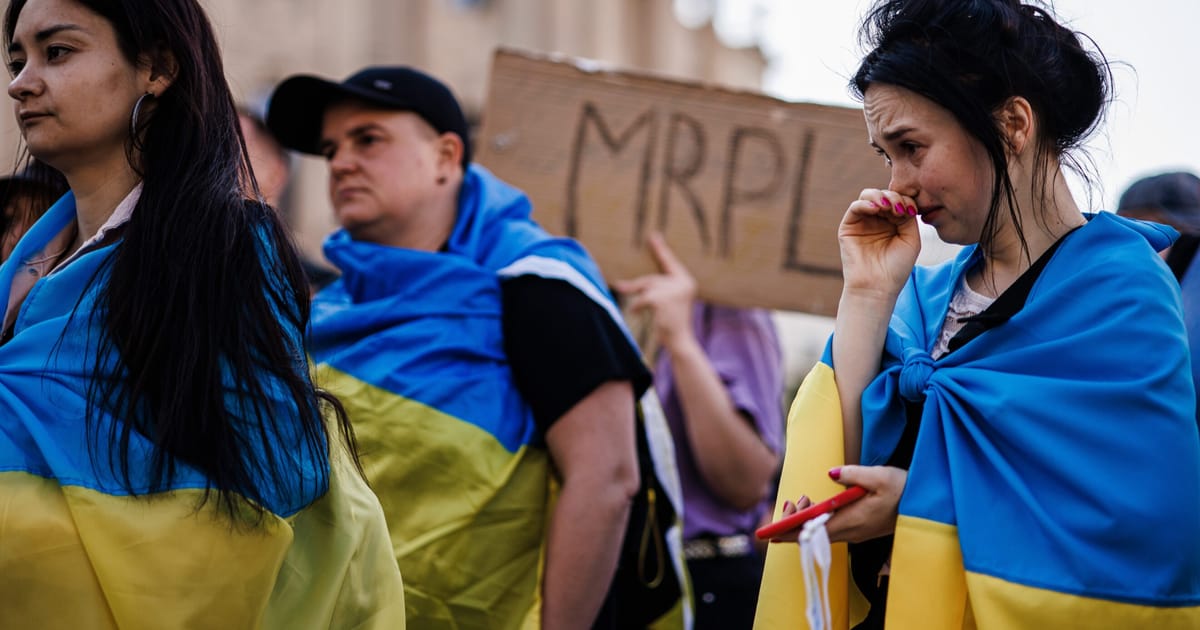

In recent developments on the international stage, a series of significant sanctions and military actions have unfolded, reflecting the ongoing complexities of global geopolitics. The UK has enacted sanctions against Russian operatives linked to the attacks in Mariupol, reflecting the country’s stance on recent aggressions. Meanwhile, the European Union has intensified its measures against Russia, seeking to limit the nation’s capabilities by lowering the cap on oil prices, following Slovakia’s decision to lift its veto.
The UK has taken a firm stance against those allegedly involved in the air strikes on Mariupol by imposing sanctions. These measures include the freezing of assets of targeted individuals and banning their travel to Britain. Such actions underscore the UK’s dedication to upholding international law and maintaining regional stability by holding accountable those deemed responsible for acts of aggression.
Simultaneously, the European Union has approved a new sanctions package against Russia, an effort aimed at curbing Vladimir Putin’s influence and activities. This move, further supported by Ukraine’s allies advocating for stricter U.S. sanctions, emphasizes a collective focus on dismantling Russia’s war capabilities. The decision marks a unified response from the EU, particularly after Slovakia, influenced by its head of state, withdrew its opposition to the sanctions, allowing the legislation to progress.
In the Middle East, tensions are also intensifying. Israeli military actions in Gaza and Syria’s Sweida City have resulted in numerous casualties. In Gaza, Israeli airstrikes have led to the reported deaths of at least 21 Palestinians. These attacks have drawn international attention, particularly a strike near Khan Younis and an attack impacting Gaza City’s Holy Family Church, which has left the local Christian community in mourning.
The situation in Syria reflects further complexities, where conflict has been reignited between Druze and Bedouin communities near Sweida City following Israeli airstrikes amid ongoing clashes. This resurgence of violence, coupled with the Syrian government’s withdrawal from the region, highlights ongoing regional instability.
Prominent religious leaders, including the Catholic Latin Patriarch Pierbattista Pizzaballa and Greek Orthodox Theophilos III, have traveled to Gaza to provide solace to affected communities, emphasizing the need for peace and reconciliation. In response to the strikes, there is a call from international observers for accountability and swift measures to forestall further violence.
The evolving scenarios in both Eastern Europe and the Middle East reflect a broader picture of modern geopolitical conflicts, with sanctions and military actions becoming tools of diplomacy and enforcement. As global powers navigate these disputes, the pursuit of peace and stability remains a central theme, underscoring the importance of dialogue and cooperation in addressing the root causes of these conflicts.
Source: {link}
